 Michael Donahue
Michael Donahue
Terry Prince & the Principles: Kent Stratton, Ian Younkin, Jesse Davis and Jeff Drzycimski
If you think Terry Prince is the lead singer of Terry Prince & the Principles, think again.
“There is no ‘Terry Prince,’” said Jesse Davis, 30, singer/guitarist/songwriter in the band that includes guitarist Jeff Drzycimski, 25; bass player Ian Younkin, 25; and drummer Kent Stratton, 34.
“Terry Prince” was character that showed up in a series of stories Davis wrote in his creative writing class as an undergraduate at University of Memphis. Prince was “this down-on-his-luck musician who was almost always having to pawn his guitar and have his band mates buy it back for him.”
“I liked the idea of a character who was a little bit like me and showed up in some of the stories, but who was more of a loser. He was always down on his luck, which I sometimes am. Kurt Vonnegut has his ‘Kilgore Trout’ and James Joyce has ‘Stephen Dedalus. I’m not putting myself in the same stable as Vonnegut and Joyce, but he’s just kind of like an author doppelganger who gets to live in the fiction.”
Once he and Stratton started the band, Davis said, “What if we were Terry Prince & the Principles, guys?’ I’ve just like the way it sounds. Kind of like a ‘50s band.”
Davis was born in Memphis and later moved with his family to Phoenix, Arizona and Henderson, Tenn. before returning to Memphis to attend U of M.
He grew up in a family that sang in church and loved to listen to music, but Davis didn’t pick up the guitar until he was a teenager. “I got to be 15 and 16 and was like, ‘Well, maybe I’ll try the guitar.’ I, honestly, just thought I could do it. I was like, ‘That’s do-able. THere are six strings. It can’t be that hard.
“I got a Danelectro 56 u2. The lipstick pickups. Thin, plastic guitar. I hated it. I eventually turned that into a Stratocaster and then turned that into a J-45 knock off and a couple of other guitars. I just kept on wheeling and dealing with the musical instruments.’”
Davis’s first band was one he and his girlfriend at the time formed. “I think we were called ‘Yard Sale’ or something. We played a video store and a coffee house.”
He joined a soul cover band, “Riverside Yard Sale,” after he moved to Memphis. He began writing music in
“Smokey Mountain Yard Sale,” a standard rock band.
Davis met Stratton when they were in Time, a rock band they eventually were kicked out of. “They told me that my heart wasn’t in it, which was true,” Davis said.
He got a call from Stratton, who asked him if he wanted to play an impromptu show opening for a Canadian band at The Lamplighter Lounge. “We did and the Canadian guys came up afterwards and were like, ‘You guys are awesome,’” Davis said. “‘How long have you been playing together?’ We’re like, ‘I don’t know. A week?’”
That was two years ago. Terry Prince & the Principles was born.
Davis asked Drzycimski, who worked with him at one time at Memphis Pink Palace Museum, to play guitar.
Younkin, who was Drzycimski’s roommate, became the bass player after the original bass player left. He’d seen them play before he joined the band. “I thought they were great, playing unique music,” Younkin said. “No other band was playing music like them.”
Asked what kind of band they originally wanted Terry Prince & the Principles to be, Stratton said, “Weird. I initially saw it as more of a rock and roll soul band that had these weird elements that sounded very current, but with older song structures,” Davis said. “Now I try not to bring any preconceived notions as to how the song should when I bring a new song to the band.”
When they say “weird,” they mean “eclectic,” Stratton said. “What I love about it there’s so much variety in the songs, There’s an overarching aesthetic to it, but there’s a lot of different things going on.”
Davis writes the music and lyrics, but everyone contributes to the songs. “Mostly he (Davis) leaves it up to us to add whatever we want,” Stratton said. “And I think that’s one of the most interesting things about this band.”
“We all have pretty different backgrounds as far as what we listen to and what we like,” Drzycimski. “And I think we wear our influences on our sleeve pretty well. And the fact that all these things come together and they work – it sounds cool. It’s very weird and very interesting.”
Davis often uses the same themes in his lyrics. “I have certain things I definitely return to. I wrote a lot about distance. Whether it’s physical distance or time.
“When I moved to Phoenix I had a Southern accent and said, ‘Ma’am’ and ‘Sir.’ They were too cool for that. I felt really weird. And then we moved and I lived out in the woods in Henderson in this little two stoplight town and had long hair and wore a leather jacket and a jean jacket. They’re not about that there.”
He got some grief about his long hair in Henderson. “I was told that it’s shameful for a man to have long hair.”
The “lunch lady” made that comment, he said.
Then Davis moved to Memphis, where his look was accepted. His lyrics now include “that feeling of being apart” as well as “that feeling of ‘Alright. Cool. Now we’re all together.’”
Terry Prince & the Principles released two EPs – Here Comes Yesterday and You Are Here – and currently are recording a double single at Junior’s Sweatshop. The band is going to tour in Nashville and Jackson,
Tennessee this summer. “Further down the line I’d like to do a longer tour and then, eventually, a full-length album,” Davis said. “We’ve got enough songs now. Maybe write three or four more and pick the 10 or 12 best.”
All the band members are involved in other projects. Davis, who is a copy editor and occasionally writes music articles at The Memphis Flyer, also is in The Conspiracy Theory and in a duo, Richard and Jesse. Stratton is in an instrumental post rock/jazz rock band, “Breaking the Cage;” Drzycimski plays solo performances under his own name; and Younkin is in metal bands “Shards of Humanity” and “Autolith.”
Does Davis have any future literary plans for his “Terry Prince” character? “I’ve worked on a comic script that I haven’t gotten illustrated yet, but it’s about the character having to go to the future to fight dubstep because it’s the only music they have anymore. And they all have the key of complacency. So, it makes people obedient consumers. And he has to go show them the spirit of rock and roll.”
Terry Prince & the Principles will perform at 7:30 p.m. June 10 at “Time Warp Drive-In” at Malco Summer Quartet Drive In at 5310 Summer. Tickets are $10 per person.
'Time Zones' from Michael Donahue on Vimeo.
Listen Up: Terry Prince & the Principles
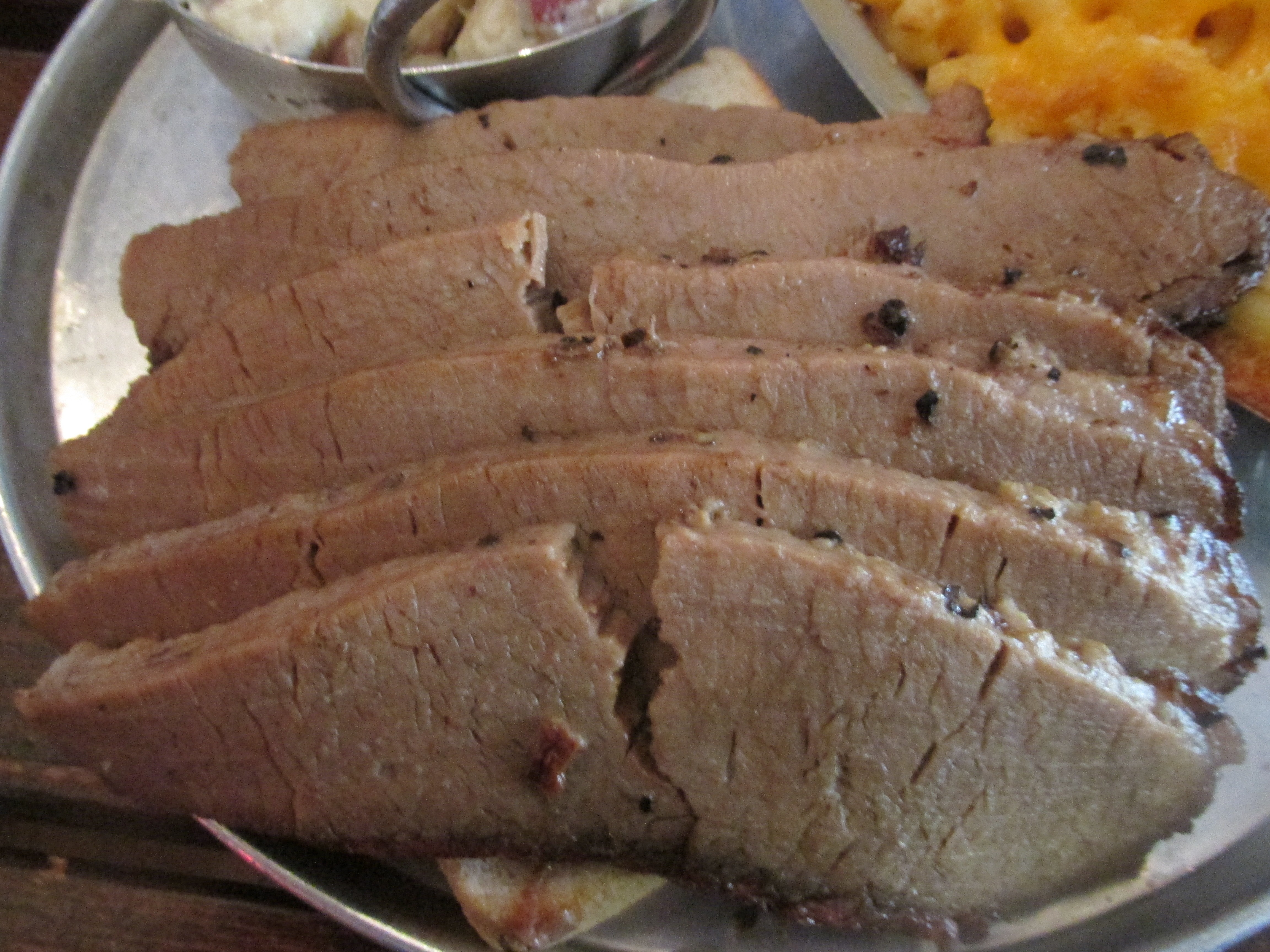 Michael Donahue
Michael Donahue  The Cottage, Facebook
The Cottage, Facebook  Michael Donahue
Michael Donahue  Michael Donahue
Michael Donahue 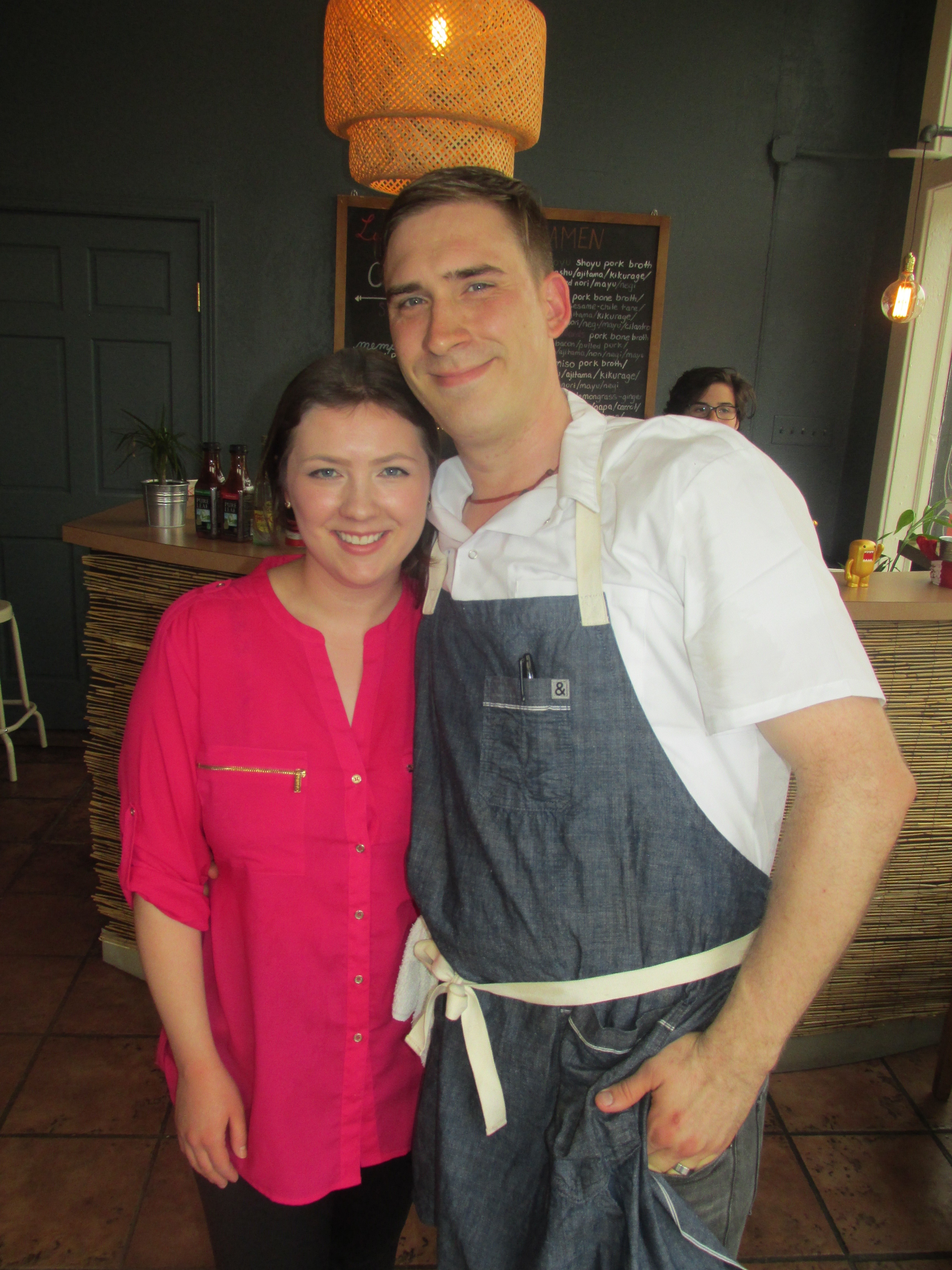 Michael Donahue
Michael Donahue 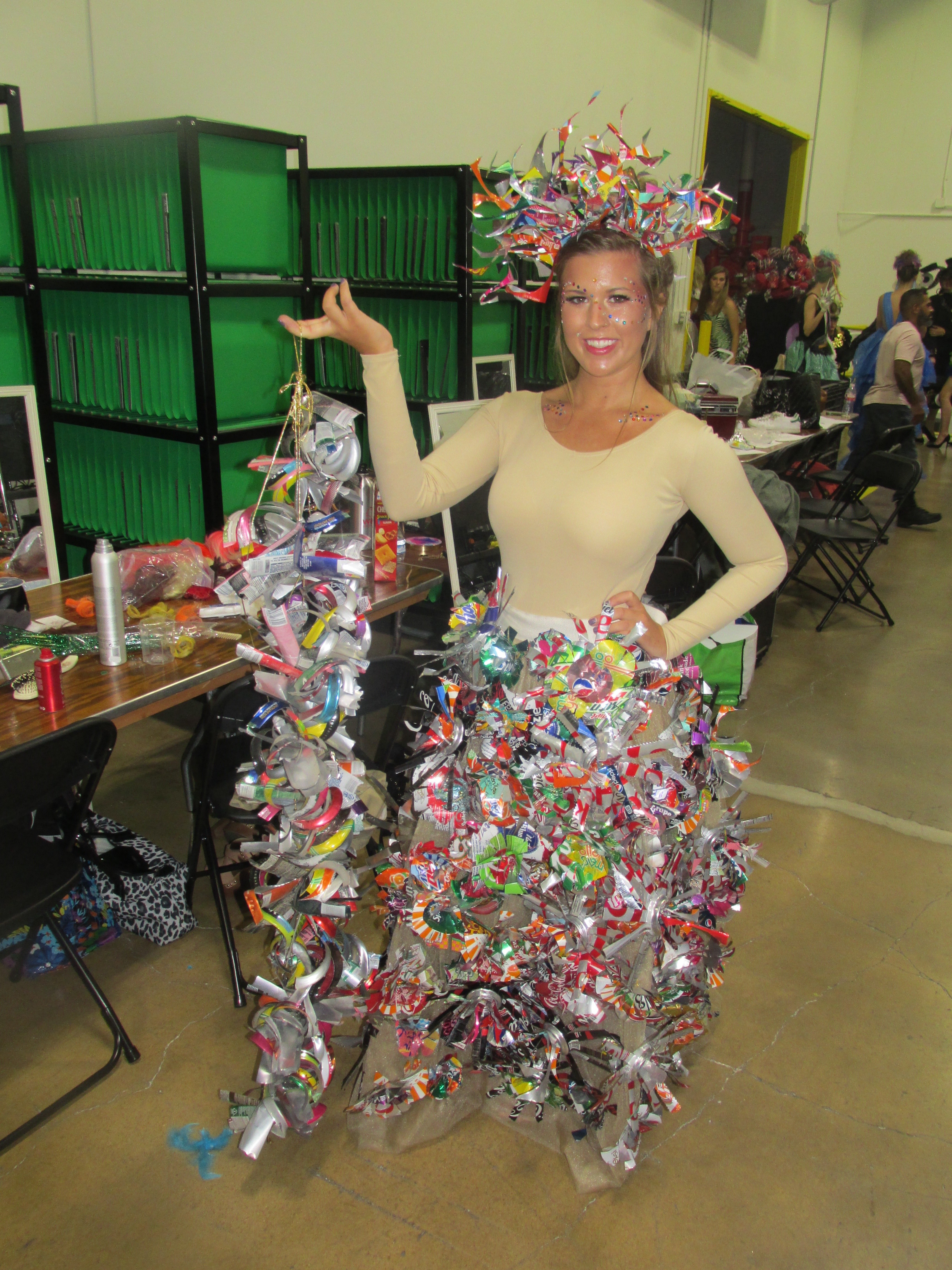 MIchael Donahue
MIchael Donahue  Michael Donahue
Michael Donahue 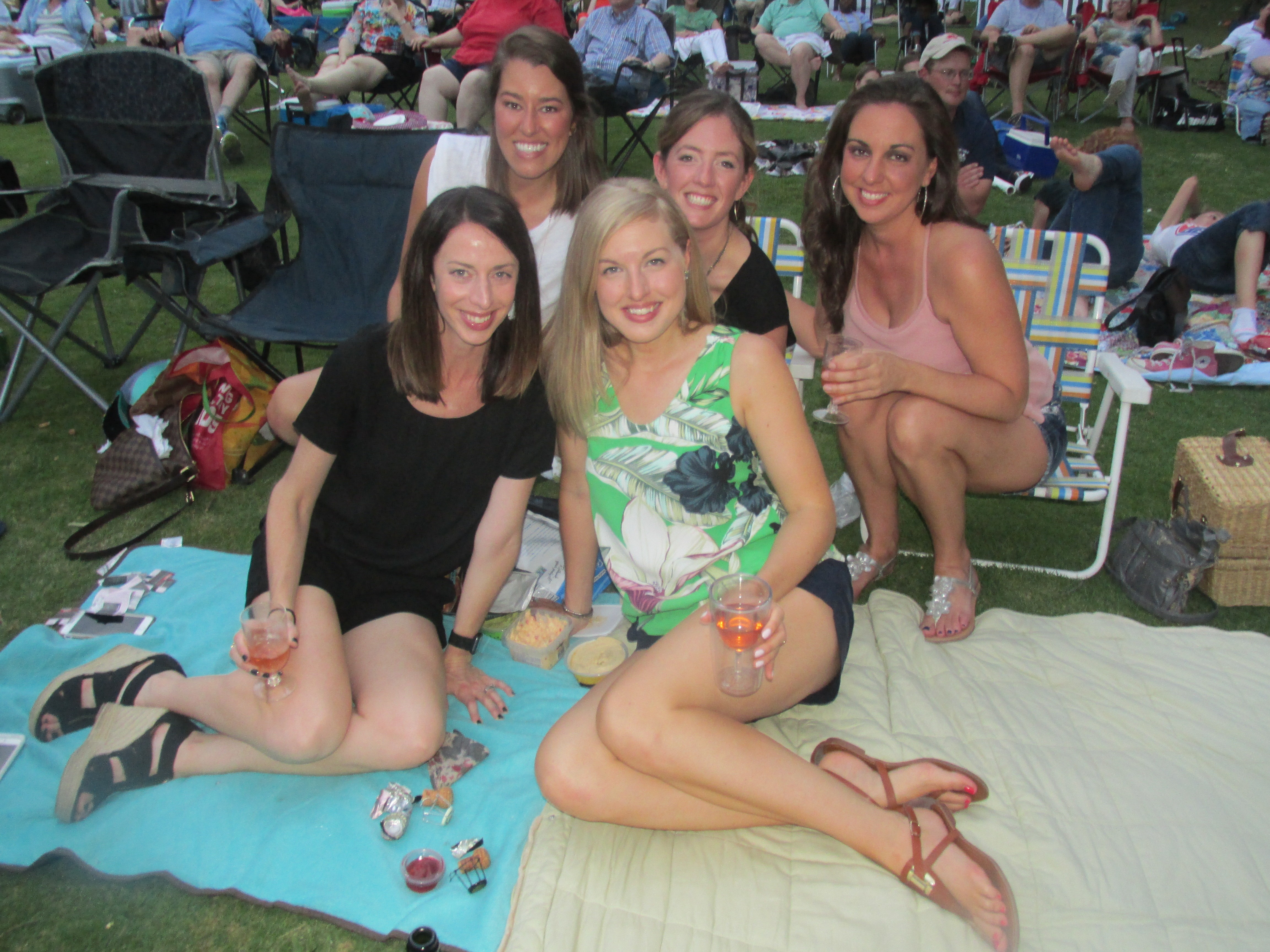 Michael Donahue
Michael Donahue 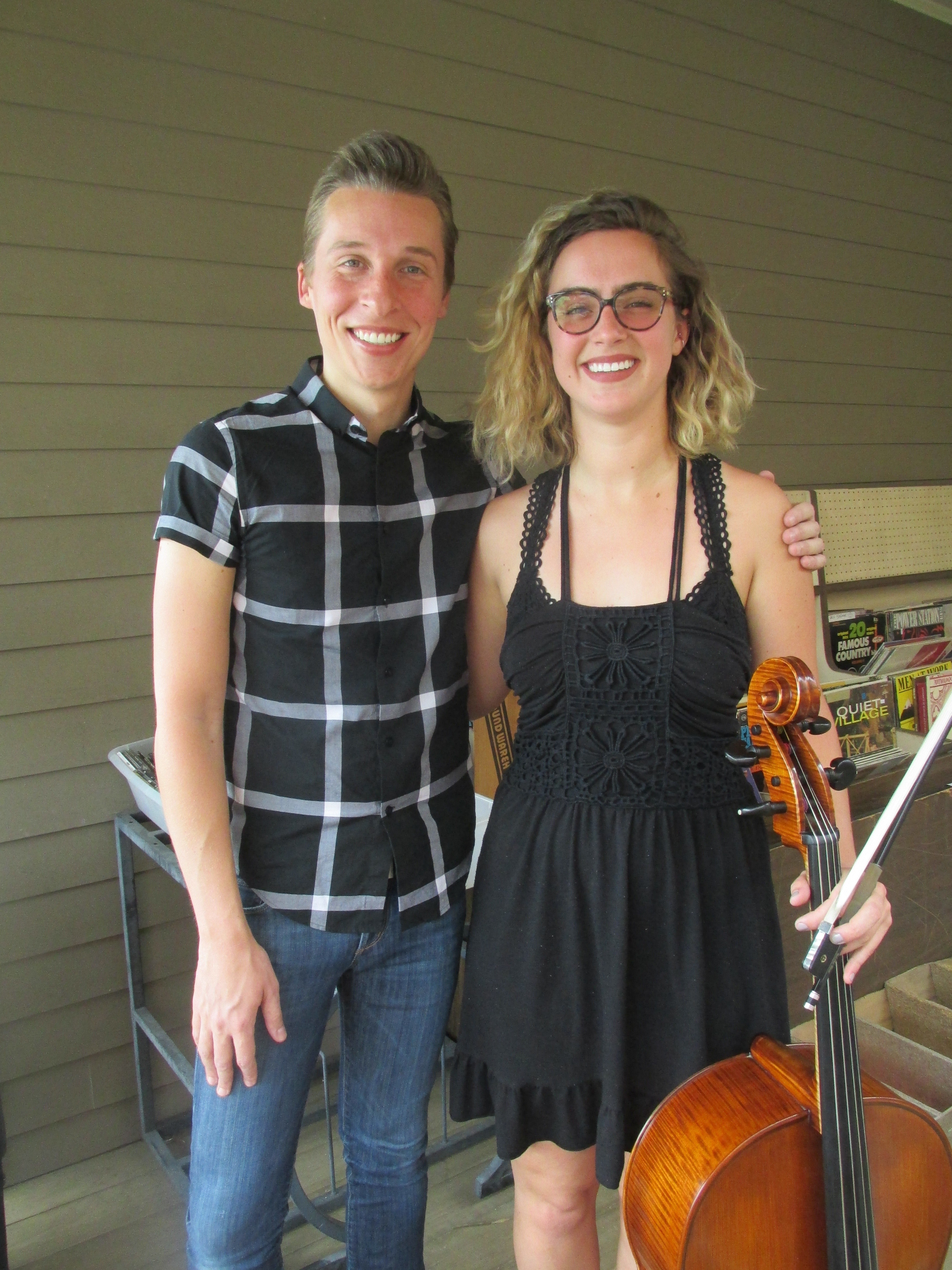 Michael Donahue
Michael Donahue  Michael Donahue
Michael Donahue  Michael Donahue
Michael Donahue  MIchael Donahue
MIchael Donahue  Michael Donahue
Michael Donahue  MIchael Donahue
MIchael Donahue 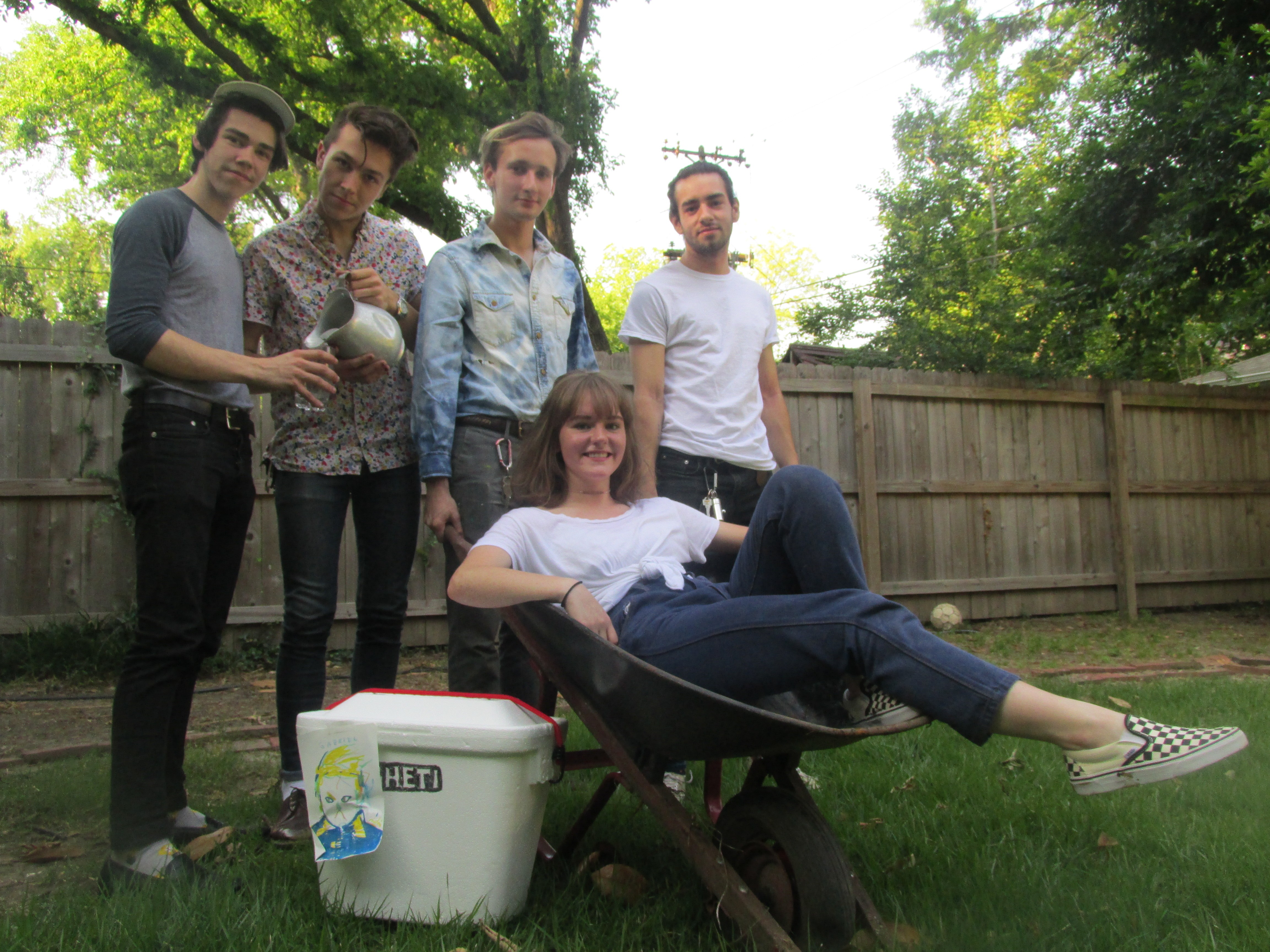 Michael Donahue
Michael Donahue